Mobileye, a subsidiary of Intel, is scaling up its autonomous vehicle program and plans to launch test fleets in at least four more cities over the next several months, including Detroit, Paris Shanghai and Tokyo.
Mobileye president and CEO Amnon Shashua said Monday during the virtual 2021 CES tech trade show that if the company can receive regulatory approval it will also begin testing on public roads in New York City.
The expansion announcement, along with details about a new lidar System on Chip product that is under development and will come to market in 2025, illustrates Mobileye’s ambitions to commercialize automated vehicle technology.
The selection of the cities and countries is based on two factors: customers and the regulatory environment, according to Jack Weast, a senior principal engineer at Intel and the Vice President of Automated Vehicle Standards at Mobileye.
“That’s why we put our cars in the U.S. in Detroit, rather than Silicon Valley because all major OEMs are in Detroit,” Weast said in an interview Monday, adding that Peugeot Renault are in Paris and Toyota and Nissan are in Japan. “The selection of the cities had a lot to do with putting the vehicles near our customers so that they would all have the opportunity to experience the technology firsthand because we expect our OEM customers to continue to be an important part of our business going forward even, even as we supply a complete self driving system.”
A test fleet is already on the road in Detroit, according to the company. Mobileye launched its first test fleet in Jerusalem in 2018 and added one in Munich in 2020.
Mobileye is taking a three-pronged strategy to developing and deploying automated vehicle technology that combines a full self-driving stack — that includes redundant sensing subsystems based on camera, radar and lidar technology— with its REM mapping system and a rules-based Responsibility-Sensitive Safety (RSS) driving policy. Mobileye’s REM mapping system essentially crowdsources data by tapping into nearly 1 million vehicles equipped with its tech to build high-definition maps that can be used to support in ADAS and autonomous driving systems. Shashua said Mobileye’s technology can now map the world automatically with nearly 8 million kilometers tracked daily and nearly 1 billion kilometers completed to date.
This strategy will allow the company to efficiently launch and operate commercial robotaxi services as well as bring the technology to consumer passenger vehicles by 2025, Shashua said Monday.
Mobileye has long dominated a specific niche in the automotive world as a developer of computer vision sensor systems that help prevent collisions. In 2018, the company expanded its focus beyond being a mere supplier to becoming a robotaxi operator; now it’s aiming to bring autonomous vehicle technology to passenger cars by augmenting its computer vision technology with the new lidar SoC it is developing with Intel.
Mobileye has already partnered with Luminar to supply lidar for its robotaxis. However, Mobileye revealed more about the lidar SoC that it says will be ready for passenger vehicles by 2025. Shashua nor Weast would say if it planned to end its partnership with Luminar once its own lidar SoC is ready for the market.
The lidar, which will use Intel’s specialized silicon photonics fab, is notable because Mobileye is known for its camera-based technology. And yet it’s not backing away from that camera-first approach. Shashua explained Mobileye believes the best technological and business approach is to develop a camera-first system and use the lidar and radar as add-ons for redundancy.
“The idea is that you have this camera subsystem,” Shashua said. “Since it’s camera based, it’s at a consumer price level. So now you have scalable thinking. And this scalable thinking is really the cure for sustaining for a long time until level four becomes ubiquitous.”
Shashua pointed to its long-term high-volume agreement for advanced driver-assistance systems with Geely Auto as an example of how a camera-first approach could later be adapted. The lidar and radar can be added on to support greater automation capabilities once the market is ready.
Source: Tech Crunch


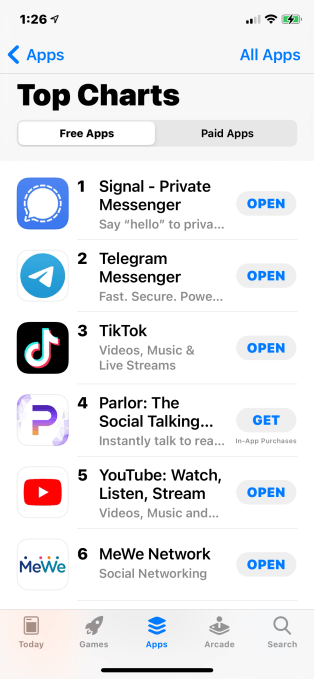
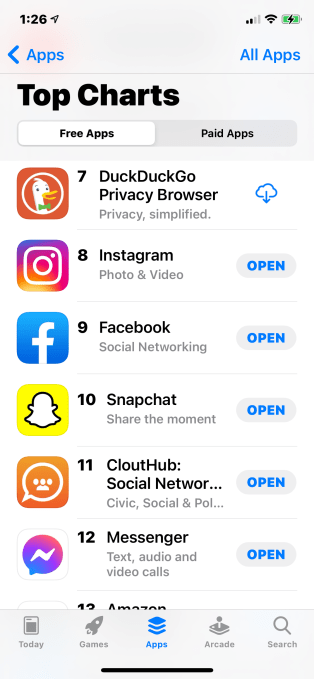
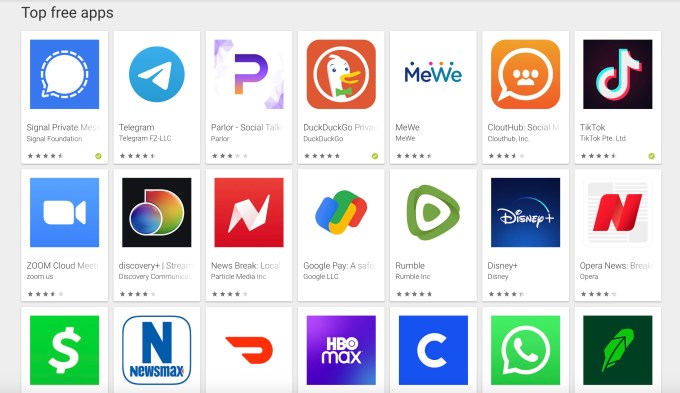



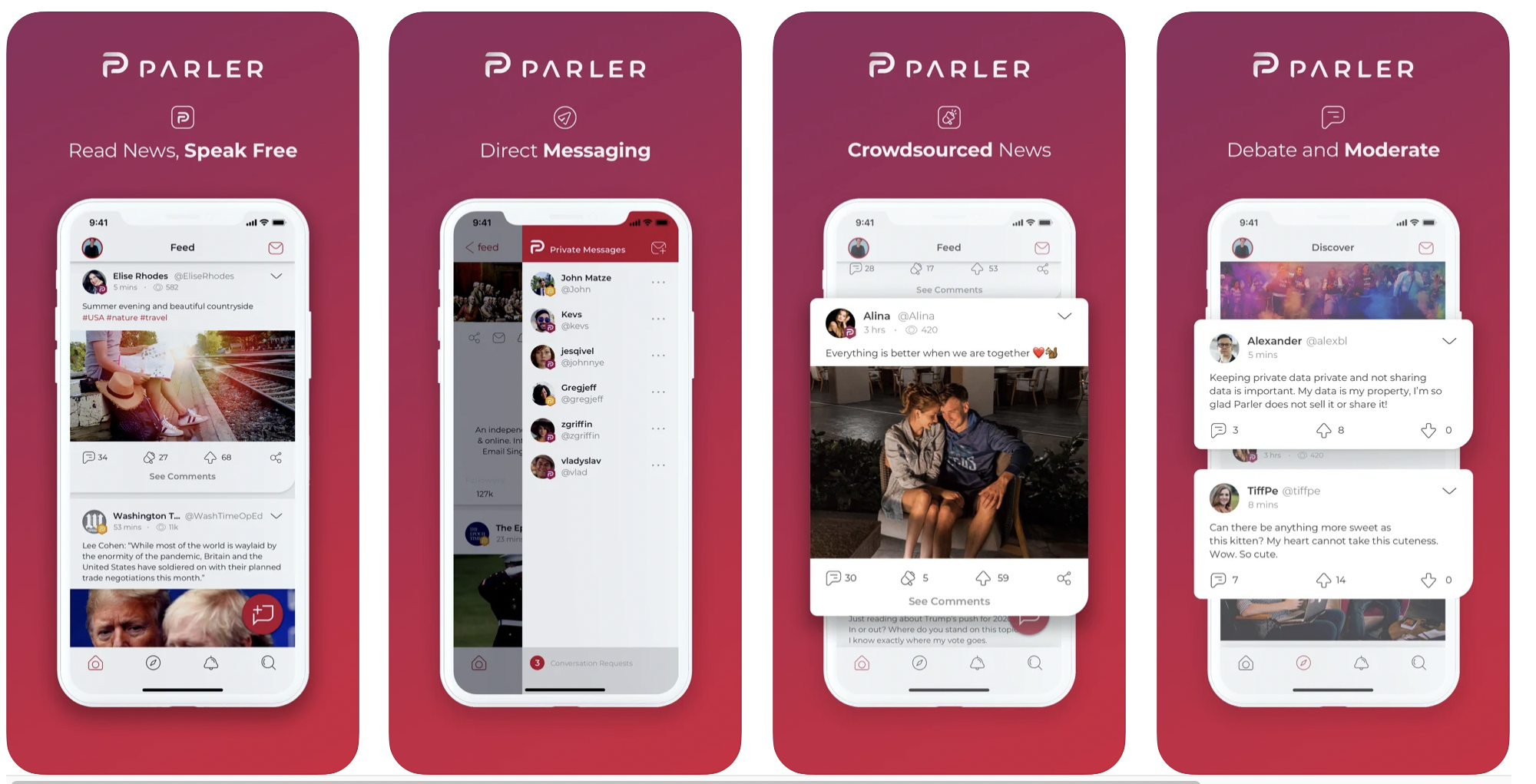
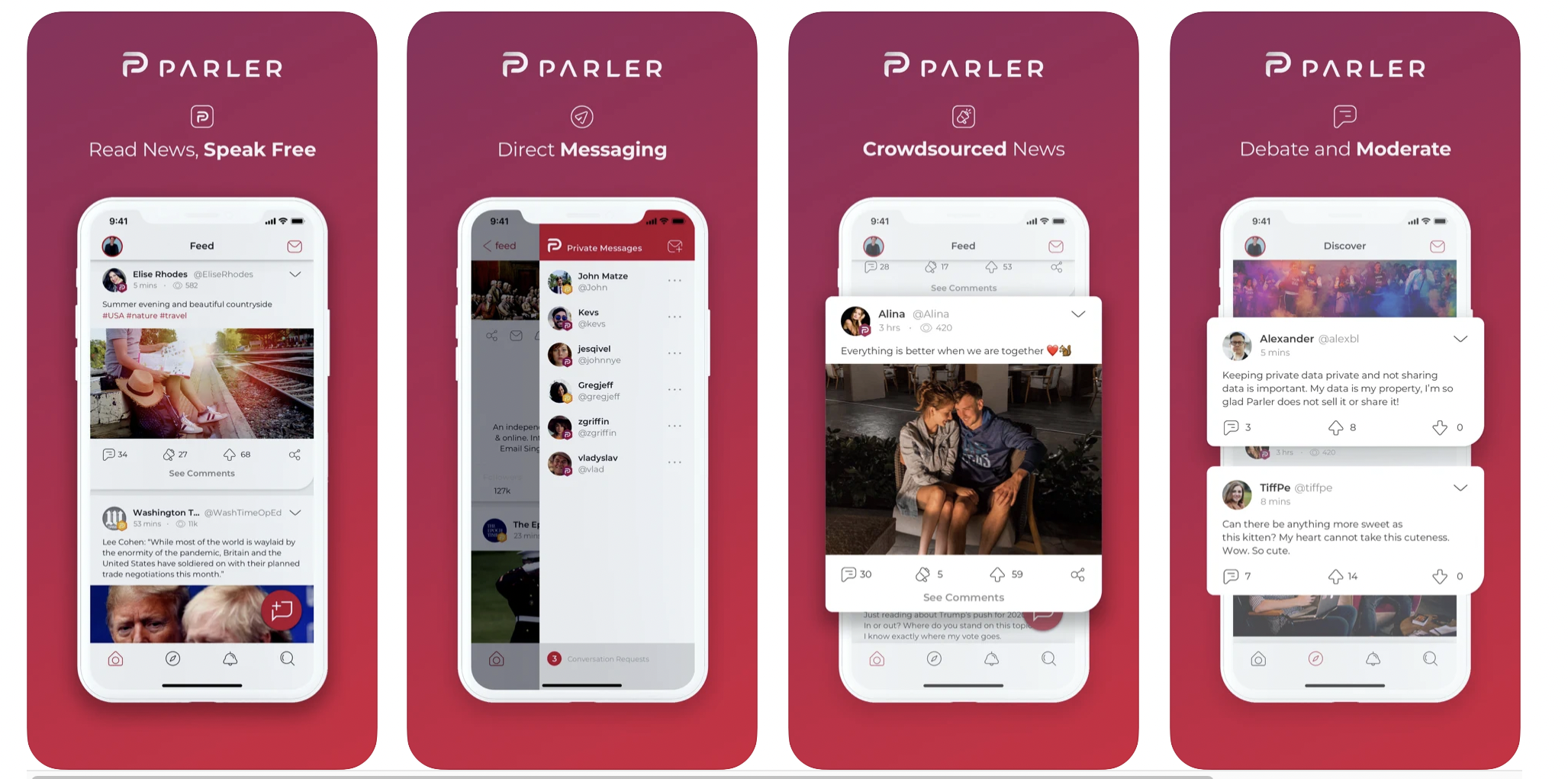
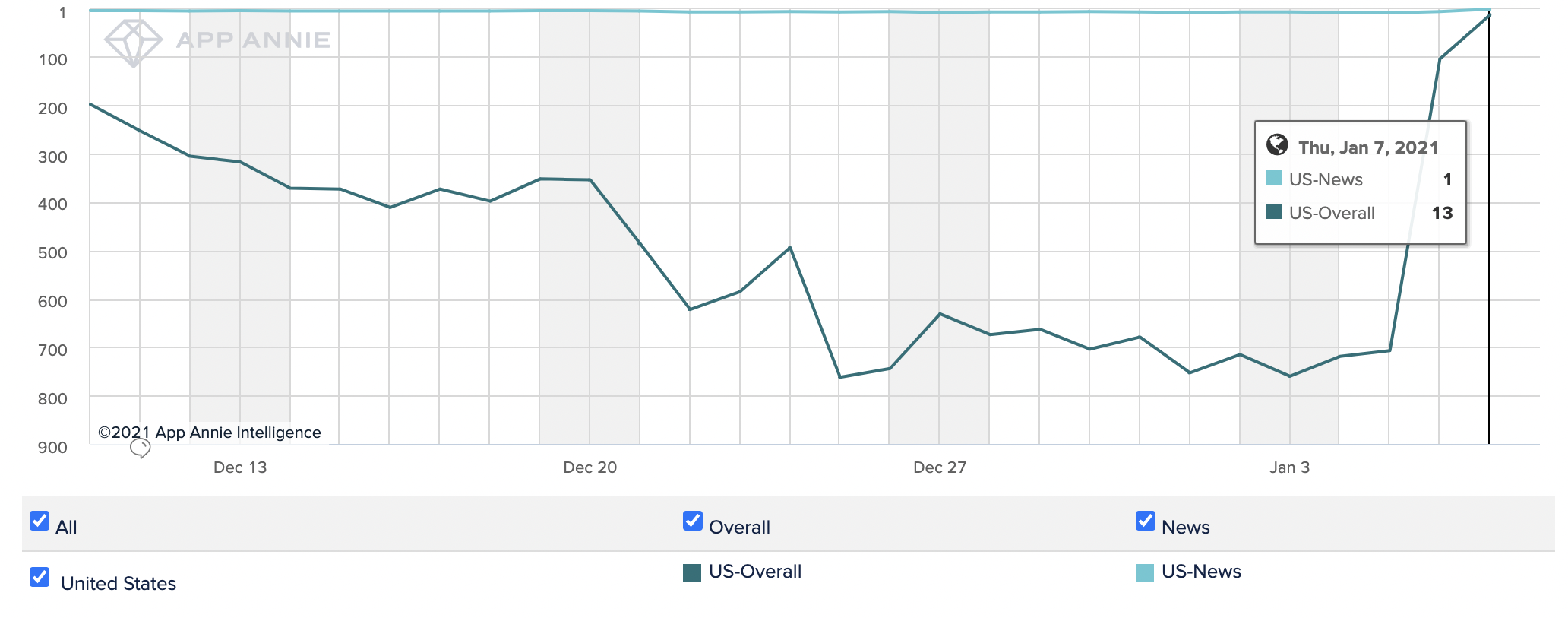

 (@HipCityReg)
(@HipCityReg) 

